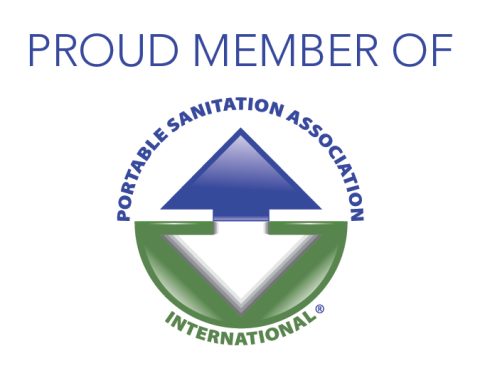
Introduction
Construction sites play a crucial role in Kenya’s development, but the provision of adequate sanitation remains a challenge. Let’s explore both sides of the portable toilet debate, considering the reasons behind their limited use.
Reasons for Limited Portable Toilet Usage in Kenya’s Construction Sites
1. Cost Considerations
- Pro: Portable toilets involve initial costs, including rental fees, delivery, and maintenance.
- Con: Some construction companies prioritize other expenses over sanitation facilities.
2. Lack of Awareness
- Pro: Awareness campaigns can bridge the gap.
- Con: Site managers and workers may not fully understand the relevance of portable toilets in their site.
3. Regulatory Compliance
- Pro: Guidelines exist, but enforcement and awareness may be lacking.
- Con: Compliance challenges persist.
4. Cultural Factors
- Pro: Overcoming cultural norms requires a mindset shift.
- Con: Workers may be accustomed to using pit latrines or nearby facilities.
5. Logistical Challenges
- Pro: Construction sites are dynamic environments.
- Con: Finding suitable locations for toilets without obstructing work areas is challenging.
6. Maintenance and Cleanliness
- Pro: Regular cleaning is essential.
- Con: Neglected toilets emit unpleasant odors.
7. Workforce Size and Duration
- Pro: The number of toilets needed depends on workforce size and project duration.
- Con: Insufficient facilities impact worker morale.
8. Accessibility and Placement
- Pro: Proper placement ensures easy access.
- Con: Balancing proximity to work zones and accessibility is tricky.
9. Hygiene and Health Concerns
- Pro: Inadequate sanitation affects health.
- Con: Prioritizing hygiene requires effort.
10. Custom Solutions
- Pro: Innovative solutions (e.g., mobile handwashing stations) can improve sanitation.
- Con: Tailoring solutions to specific projects is essential.
Karibu Loo’s Approach
While some portable toilet providers may use sanitation initiatives as marketing tools, others genuinely prioritize worker well-being. Let’s consider both perspectives:
- Marketing Aspect: Karibu Loo promotes its services, emphasizing cleanliness, comfort, and social impact.
- Genuine Commitment: Karibu Loo’s profits empower Nairobi children through education and support, leading to employment.
Conclusion
Balancing the need for sanitation with practical considerations is essential. By fostering awareness, complying with regulations, and investing in innovative solutions, we can improve construction site sanitation for the benefit of workers and the community.
Remember, this blog post encourages dialogue and promotes better practices without taking sides.






